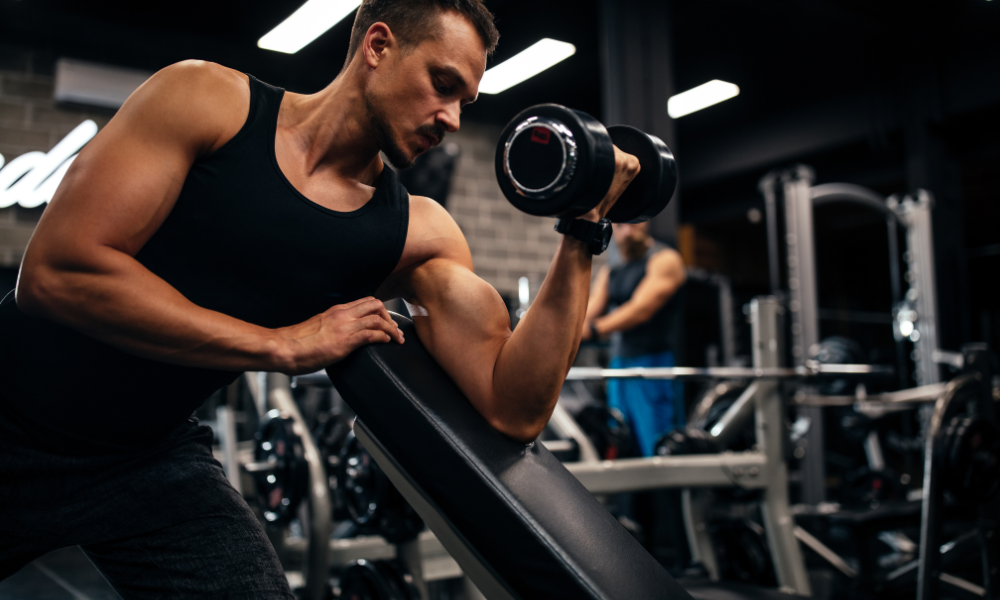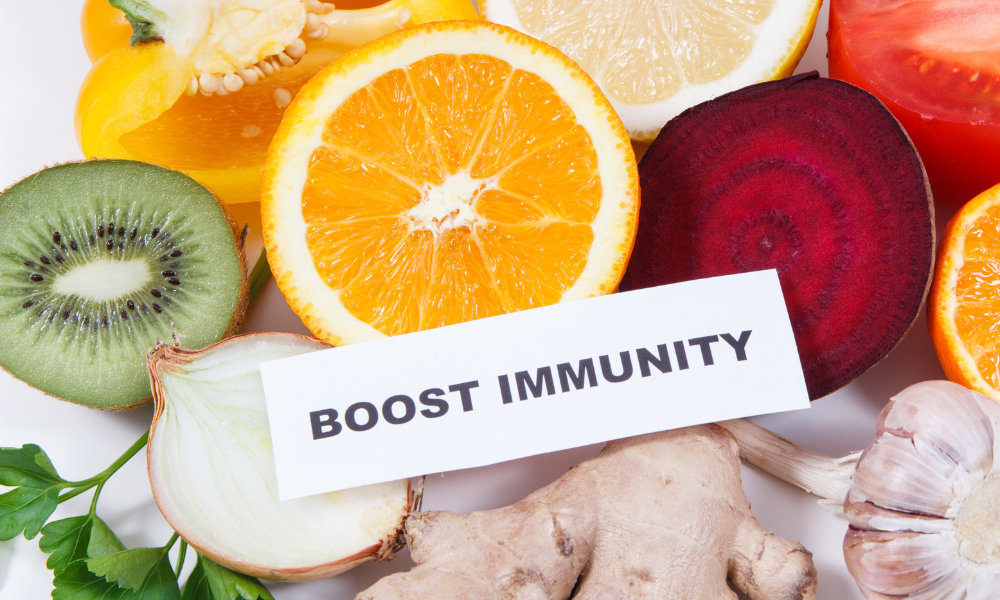Balanced Living: Combining Nutrition, Fitness, and Mindfulness
In a fast-paced world where work, stress, and screens dominate our daily lives, achieving balance can feel like an impossible dream. Yet, living a balanced life—one that nurtures both body and mind—is not about perfection. It’s about creating harmony between nutrition, physical activity, and mindfulness. These three pillars form the foundation of well-being and help us lead healthier, happier, and more fulfilling lives.
This guide explores how nutrition, fitness, and mindfulness work together to create a truly balanced lifestyle, along with practical strategies to help you bring these elements into your daily routine.

1. Understanding Balanced Living
Balanced living means aligning your physical health, mental clarity, and emotional peace. It’s not just about dieting or exercising; it’s about integrating healthy habits into your lifestyle in a sustainable way.
The Three Pillars of Balance:
- Nutrition – Nourish your body with whole foods that fuel energy and vitality.
- Fitness – Move your body regularly to strengthen muscles, improve endurance, and enhance mental well-being.
- Mindfulness – Cultivate presence, gratitude, and self-awareness to reduce stress and improve emotional resilience.
Together, these elements create a synergistic effect, where each one enhances the other.
2. The Role of Nutrition in Balanced Living
“You are what you eat” is more than a saying—it’s a scientific truth. The food you consume directly affects your mood, energy, immunity, and even sleep.
Key Principles of Balanced Nutrition
- Eat a rainbow: Include a variety of colorful fruits and vegetables to get a mix of vitamins, minerals, and antioxidants.
- Choose whole foods: Avoid processed items; opt for whole grains, lean proteins, and healthy fats.
- Stay hydrated: Water supports digestion, skin health, and overall bodily function.
- Practice mindful eating: Savor each bite and listen to your body’s hunger cues.
Balanced nutrition helps maintain optimal energy levels and supports both physical and mental performance.
Example of a Balanced Daily Meal Plan
| Meal | Components | Health Benefits |
| Breakfast | Oatmeal with fruits, nuts, and seeds | Sustained energy, improved digestion |
| Mid-Morning | Greek yogurt with berries | Boosts gut health and protein intake |
| Lunch | Grilled chicken, quinoa, and mixed vegetables | Balanced macros, supports muscle recovery |
| Snack | A handful of almonds or a green smoothie | Healthy fats and antioxidants |
| Dinner | Baked salmon, steamed broccoli, and brown rice | Omega-3s for brain health and lean protein |
| Before Bed | Herbal tea (like chamomile or lavender) | Calms the mind and promotes better sleep |
Make balanced eating easier with the NutriPro Juicer Mixer Grinder. Perfect for preparing quick, nutrient-packed smoothies or protein shakes to fuel your day.
3. The Power of Fitness in Daily Life
Physical activity isn’t just about looking fit—it’s a key ingredient for long-term health, happiness, and mental sharpness.
Benefits of Regular Exercise
- Improves cardiovascular health
- Strengthens muscles and bones
- Boosts metabolism and supports weight management
- Enhances mood by releasing endorphins
- Improves sleep and concentration

Finding the Right Fitness Routine
The best workout is the one you’ll actually stick to. Choose activities that suit your preferences and schedule.
Examples of Fitness Activities:
- Cardio: Running, cycling, swimming, or brisk walking
- Strength Training: Weight lifting, resistance bands, or bodyweight exercises
- Flexibility & Balance: Yoga, Pilates, or Tai Chi
- Functional Fitness: Everyday movements like squats, lunges, and pushups
Weekly Fitness Plan Example
| Day | Activity | Duration |
| Monday | Cardio (Running or Brisk Walk) | 30–45 mins |
| Tuesday | Strength Training | 45 mins |
| Wednesday | Yoga or Stretching | 30 mins |
| Thursday | HIIT or Functional Workout | 30 mins |
| Friday | Rest or Light Walk | 20 mins |
| Saturday | Outdoor Sports or Hiking | 1 hour |
| Sunday | Meditation & Recovery | – |
Consistency is more important than intensity. Start small, increase gradually, and make it enjoyable.
Stay consistent with your workouts using the Fashnex Resistance Bands Set Ideal for beginners and pros alike—great for strength, flexibility, and mobility exercises anywhere.
4. Mindfulness: The Missing Link in Modern Wellness
While nutrition and fitness focus on the body, mindfulness nurtures the mind. It helps you slow down, stay present, and respond calmly to life’s challenges.
Benefits of Mindfulness
- Reduces stress and anxiety
- Improves emotional intelligence
- Enhances concentration and creativity
- Promotes better sleep and relationships
- Strengthens self-awareness
Simple Mindfulness Practices
- Meditation: Spend 10–15 minutes each day in silent observation of your breath.
- Gratitude Journaling: Write down three things you’re grateful for daily.
- Mindful Breathing: Take slow, deep breaths when feeling anxious.
- Digital Detox: Unplug from screens for at least one hour before bed.
- Walking Meditation: Pay attention to each step and the sensations of movement.
Mindfulness bridges the gap between your physical habits and emotional well-being, allowing you to make conscious, healthy choices.
Deepen your meditation experience with the Encasa XO Square Floor Cushion, which tracks your brain and breathing to help you relax more effectively.
5. The Synergy Between Nutrition, Fitness, and Mindfulness
Each pillar of balanced living complements the others. For example:
- Nutrition fuels your workouts, improving performance and recovery.
- Exercise enhances your mood, making it easier to maintain healthy eating habits.
- Mindfulness helps you stay consistent, promoting awareness and motivation in both diet and fitness.
Here’s how they interconnect:
| Pillar | Influence on Others | Result |
| Nutrition | Fuels physical activity and supports mental clarity | Sustained energy and focus |
| Fitness | Reduces stress and enhances sleep quality | Emotional stability and vitality |
| Mindfulness | Encourages better food and lifestyle choices | Long-term health balance |
6. Tips for Integrating Balance into Your Life
- Set Realistic Goals: Start with small, achievable changes.
- Plan Your Meals: Prepare weekly menus to avoid impulsive eating.
- Schedule Workouts: Treat them as important appointments.
- Prioritize Sleep: Aim for 7–8 hours of rest to support recovery.
- Create Morning and Evening Rituals: Begin and end your day with mindfulness.
- Stay Flexible: Balance isn’t static—it evolves with your lifestyle.
7. The Long-Term Rewards of Balanced Living
Adopting a balanced lifestyle leads to more than physical fitness—it creates a foundation for lifelong well-being.
Long-term benefits include:
- Enhanced mental clarity and emotional resilience
- Stronger immunity and reduced risk of chronic diseases
- Improved relationships and social well-being
- Greater productivity and creativity
- A deep sense of fulfillment and self-love
Balanced living is not about perfection but progress. It’s about aligning your choices with your values and learning to care for your body and mind equally.
A balanced life is a journey, not a destination. By combining nutrition, fitness, and mindfulness, you can cultivate a lifestyle that nurtures both physical and emotional health. Start with small steps—drink more water, take a short walk, meditate for five minutes—and gradually expand your efforts.
The key is consistency, not intensity. When your body is nourished, your mind is calm, and your spirit is at peace, you create a foundation for true well-being—one that empowers you to live with purpose, strength, and joy.








